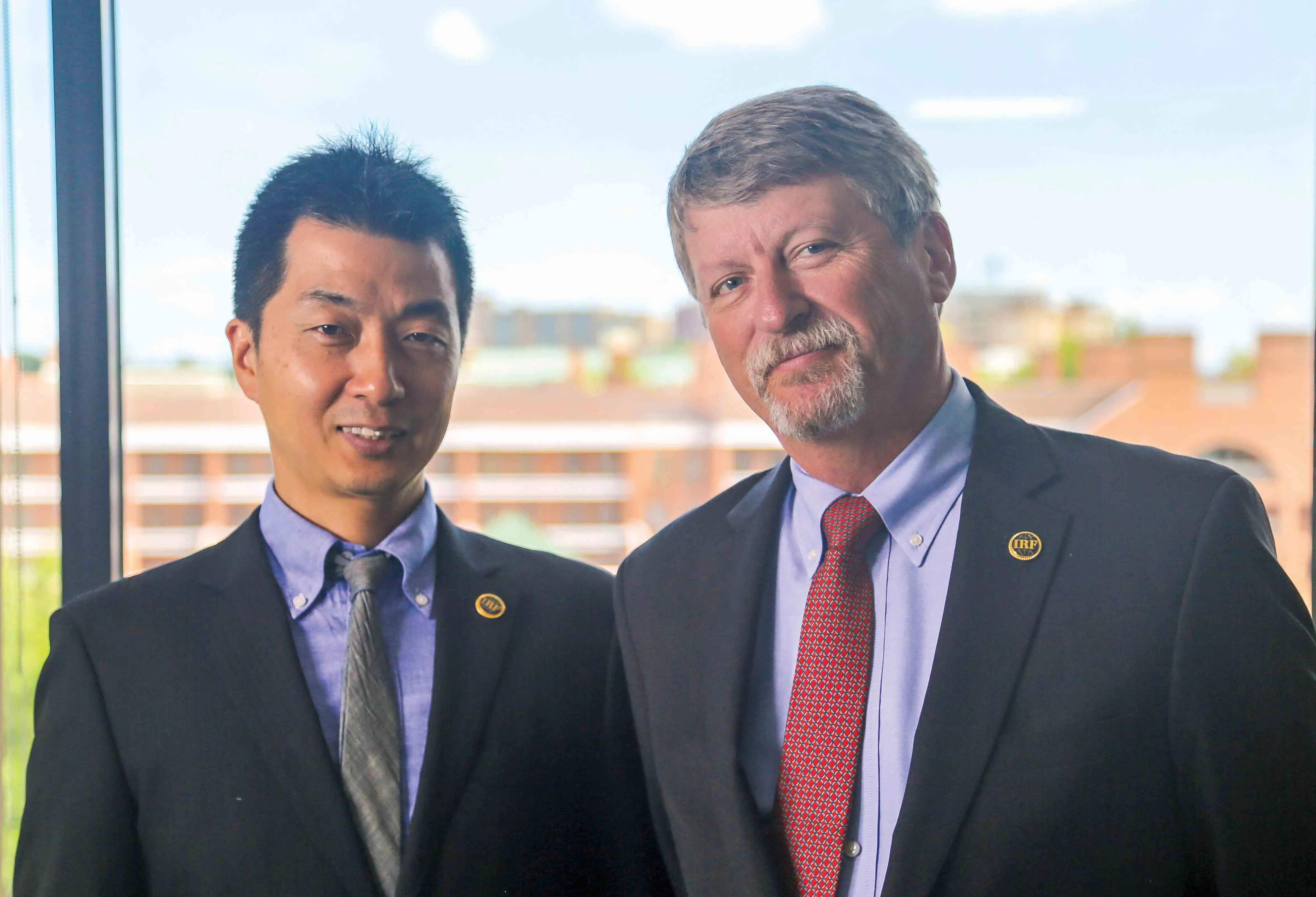A series of major highway infrastructure projects are planned for the Philippines. Plans are in hand for the Cavite-Laguna Expressway (CALAX) project, with MPCALA Holdings calling on the authorities to give final approval so that construction can commence before 2017. MPCALA Holdings is a subsidiary of conglomerate Metro Pacific Investments (MPIC) and won the 35-year contract to build, operate and maintain the CALAX in June 2015. The CALAX project is worth US$754.6 million. At present, the company is lookin
September 11, 2015
Read time: 2 mins
RSSA series of major highway infrastructure projects are planned for the Philippines. Plans are in hand for the Cavite-Laguna Expressway (CALAX) project, with MPCALA Holdings calling on the authorities to give final approval so that construction can commence before 2017. MPCALA Holdings is a subsidiary of conglomerate Metro Pacific Investments (MPIC) and won the 35-year contract to build, operate and maintain the CALAX in June 2015. The CALAX project is worth US$754.6 million. At present, the company is looking at the Cavite portion of the planned expressway.
A more controversial development in the Philippines is with regard to the Bangsamoro Basic Law (BBL). This would see the current administration investing some $213 million in Muslim Mindanao during 2016. The planned programme of works will focus primarily on improving bridges and roads. The Autonomous Region in Muslim Mindanao (ARMM) currently has a poor infrastructure network that is recognised as being in need of major improvement.
A more controversial development in the Philippines is with regard to the Bangsamoro Basic Law (BBL). This would see the current administration investing some $213 million in Muslim Mindanao during 2016. The planned programme of works will focus primarily on improving bridges and roads. The Autonomous Region in Muslim Mindanao (ARMM) currently has a poor infrastructure network that is recognised as being in need of major improvement.







